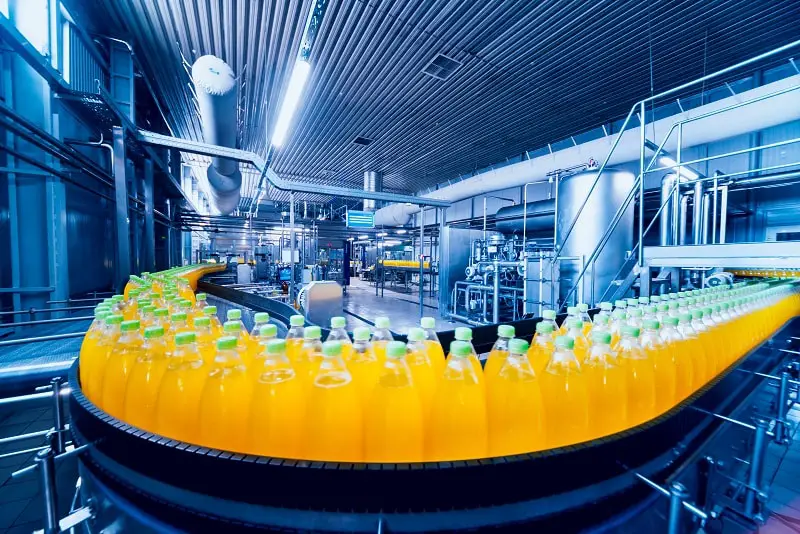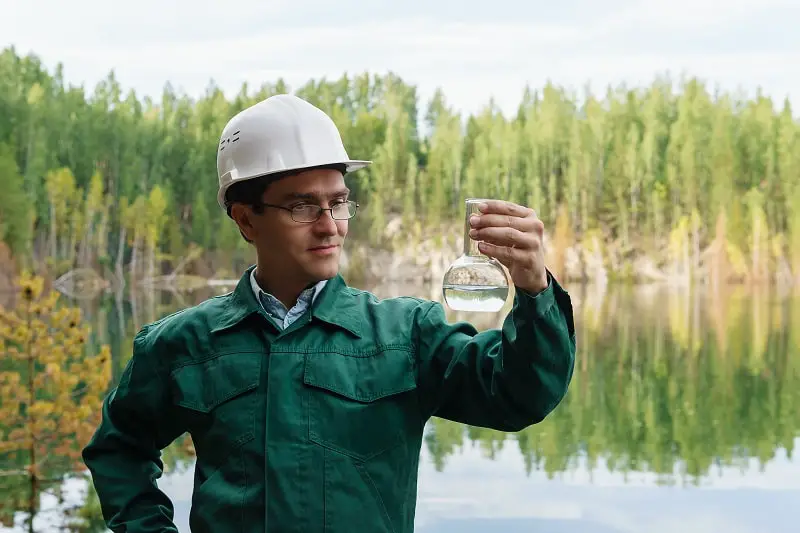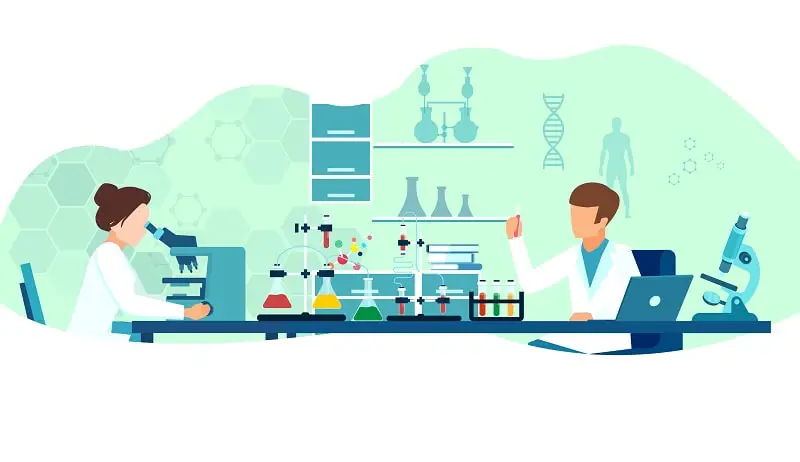What Can You Do With A
Microbiology Degree
Microbiology is the study of microorganisms, like fungi, algae, viruses, bacteria, and different kinds of parasites. Students learn to identify, assess, and determine ways these organisms grow, live, and interact with their environment. There is a wide range of career paths students can explore after graduating with a Microbiology degree.
The scope in this degree is massive due to the involvement of this subject in different fields, like chemical technology, nanotechnology, water industry, dairy industry, agriculture, clinical research, medicine, and pharmacy. You can further specialize in the field in environmental microbiology, water microbiology, coil, agricultural, microbial and more.

Typical employers for Microbiology graduates








8 Career Options
- Microbiology Technician
- Microbiologist
- Research Assistant
- Water Quality Scientist
- Research Scientist
- Laboratory Manager
- Biosafety Officer
- Laboratory Coordinator
What they do
Microbiology Technicians test and prepare samples in a medical or industrial setting. You will be working closely with Microbiologists to identify and analyze samples, interpret your findings and report on them.
How to become one
You need at least an Associate Degree to get an entry-level job.
How much they make
$34,500
.jpg)
What they do
Microbiologists work in the food, medicine, and research industry where they have to analyze the samples of microorganisms, create biological products and then run tests of microbes in drinks and foods to determine how they can be controlled. They are also responsible to develop new techniques and approaches to modify and monitor the unicellular organisms. Find out more about what’s it like working as a Microbiologist.
How to become one
You need a minimum of Bachelor’s degree.
How much they make
$91840
.jpg)
What they do
Research Assistants help Research Scientists with the development and research of new bio-products. They gather and analyze samples, train other research workers, as well as carry out survey operations and create and present reports.
How to become one
You typically need a Master’s Degree.
How much they make
$36,500
.jpg)
What they do
Water Quality Scientist specialize in improving and maintaining the safety and quality of water for the consumption of public. They utilize the laboratory methods to examine the microbiological and chemical content of the sources of water. They also evaluate the potential impact that might arise from the usage of contaminated water.
How to become one
You typically need a Bachelor’s or Master’s Degree.
How much they make
$77,200

What they do
Research Scientists conduct experiments to develop new processes or products by conducting surveys, data analysis and by using the findings from the research to develop new techniques and products.
How to become one
You typically need a Masters or Doctoral Degree.
How much they make
$96,200
.jpg)
What they do
A Laboratory Manager is responsible for handling the lab operations of the company that bears the responsibility to establish and maintain the standards of quality. The manager also oversees the administrative duties to hire lab applicants and arrange work schedules as well as organizing general laboratory activities.
How to become one
You typically need a Master’s degree.
How much they make
$69,000
.jpg)
What they do
Biosafety Officers are responsible for managing, planning, and developing biosafety programs, like inspection of labs for biosafety standards compliance, evaluating the risks of biosafety of certain projects, training of the laboratory personnel. These officers also respond to emergencies related to biosafety activities and offering recommendations to enhance the safety of occupational and environmental health.
How to become one
You typically need a Master’s Degree.
How much they make
$78,800
.jpg)
What they do
A lab coordinator oversees classroom and/or laboratory courses, teaching and participating at a managerial capacity. These are usually for colleges or universities. Apart from overseeing students and lab equipment, they also help in course development for the year, sit in faculty meetings, and advise students as and when necessary. They’re also responsible for making sure the lab equipment is fully stocked and procure materials and services when running low.
How to become one
You typically need a Master’s Degree.
How much they make
$53,200
.jpg)








